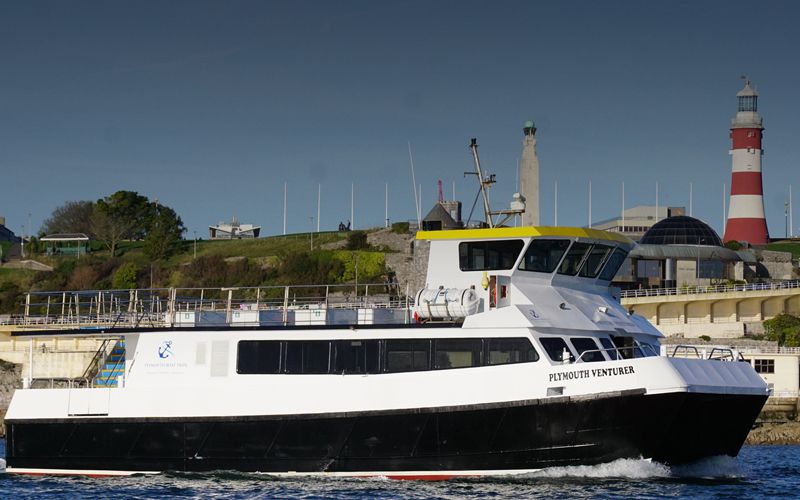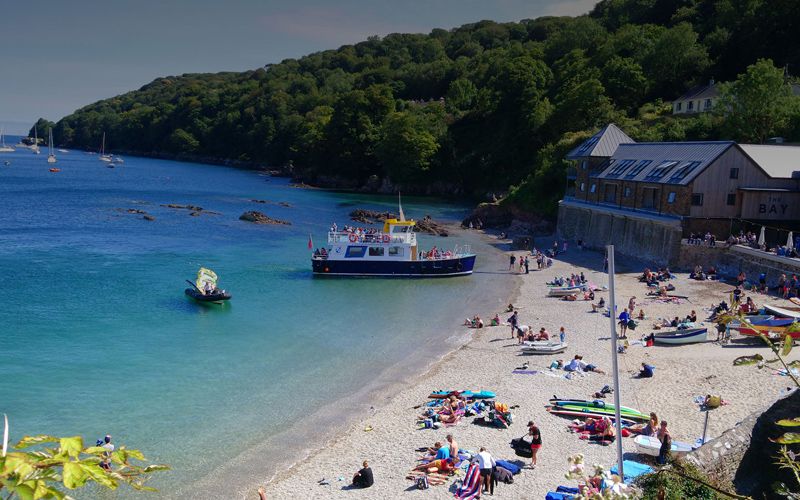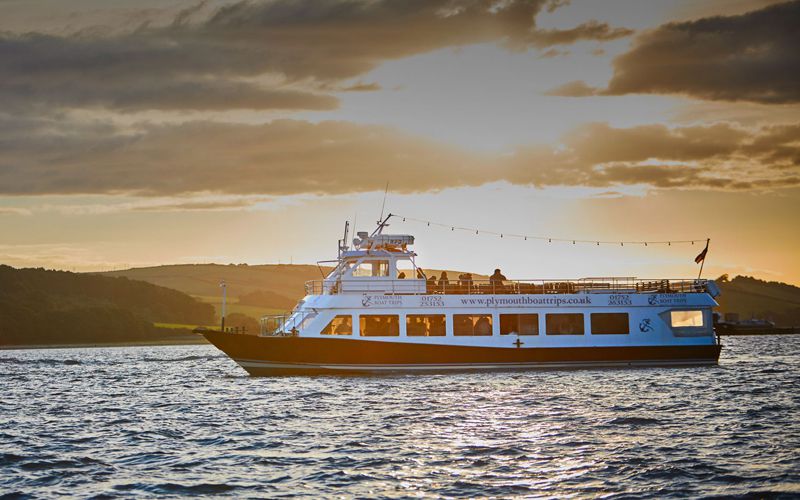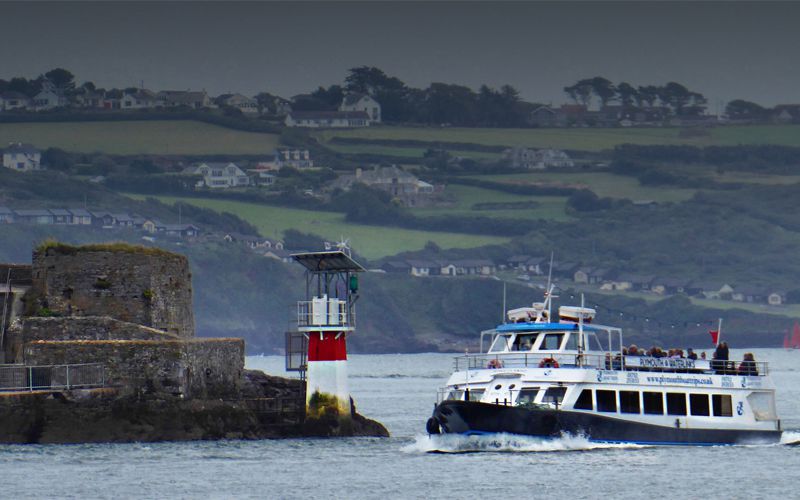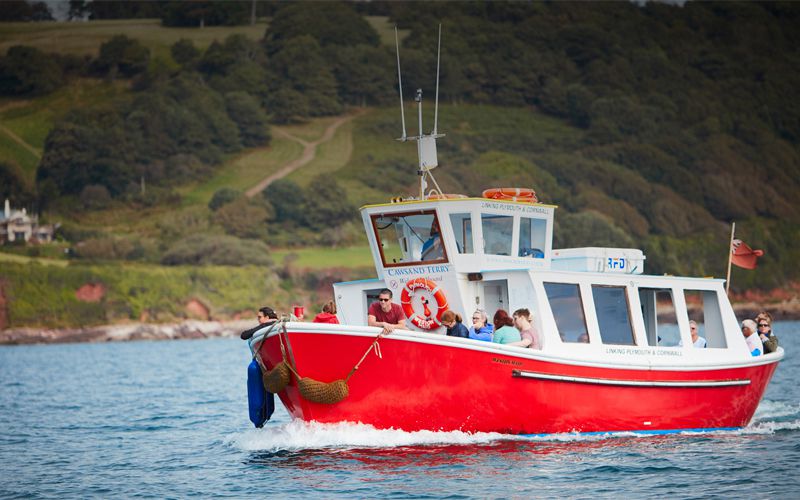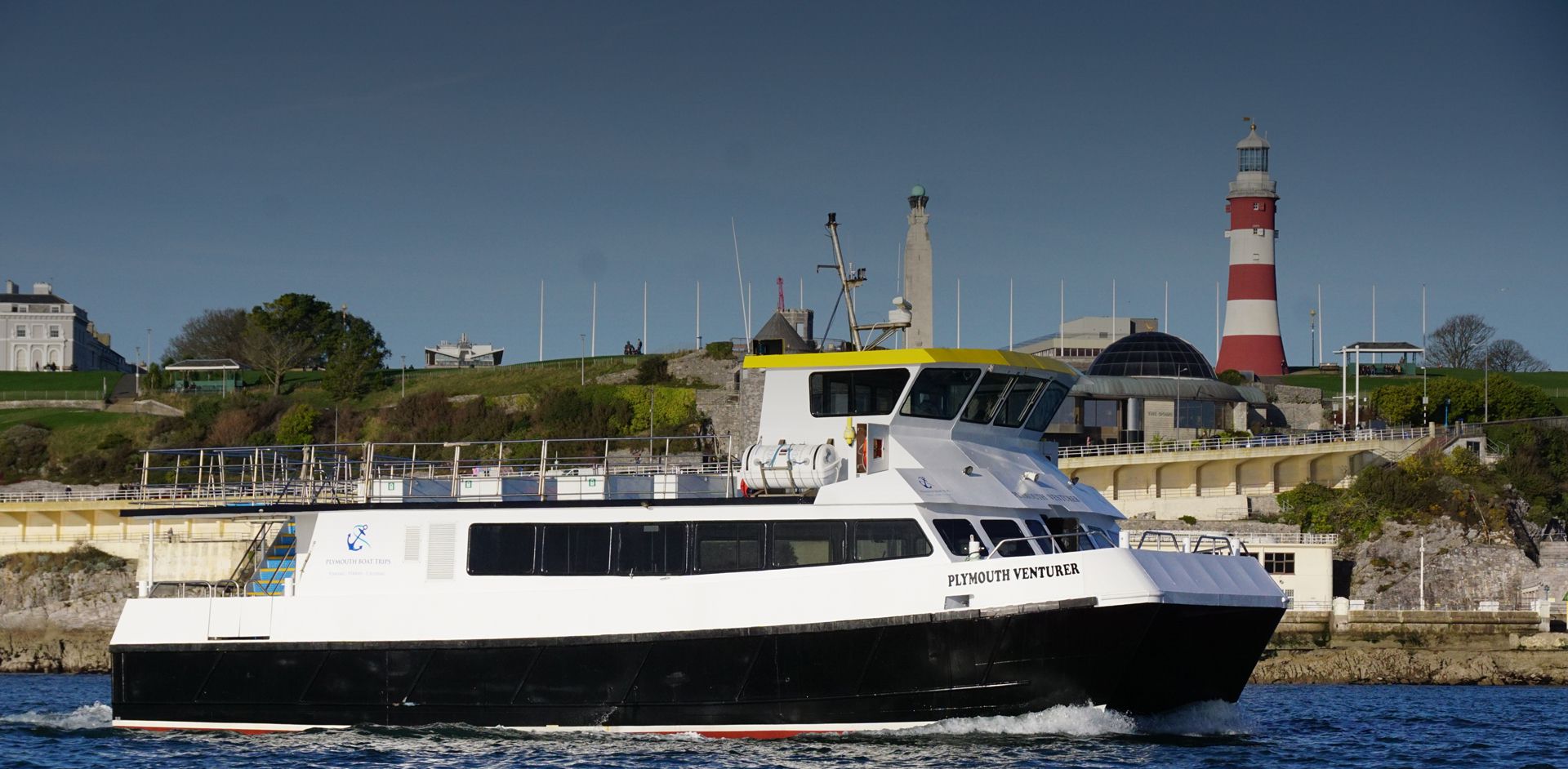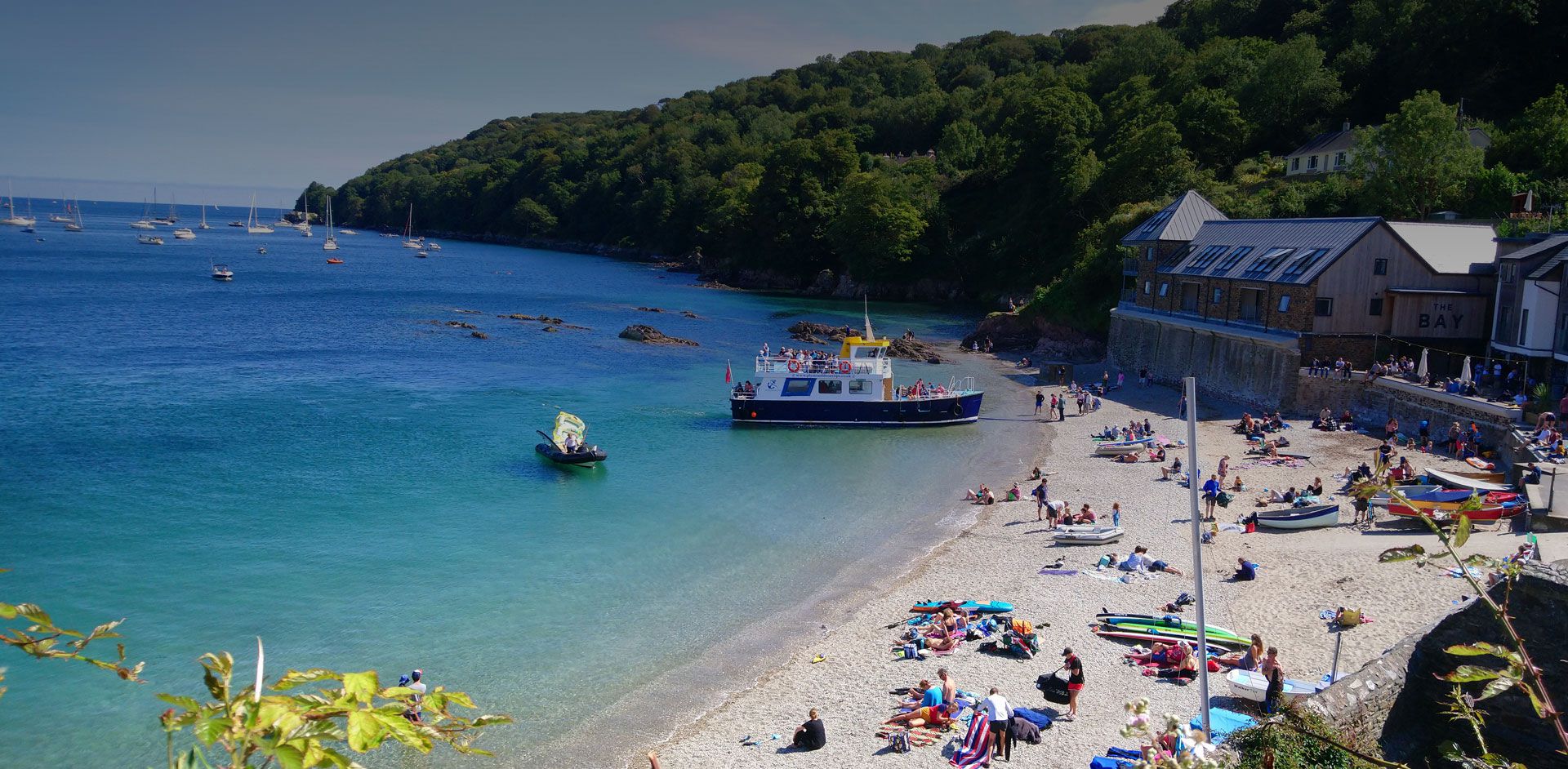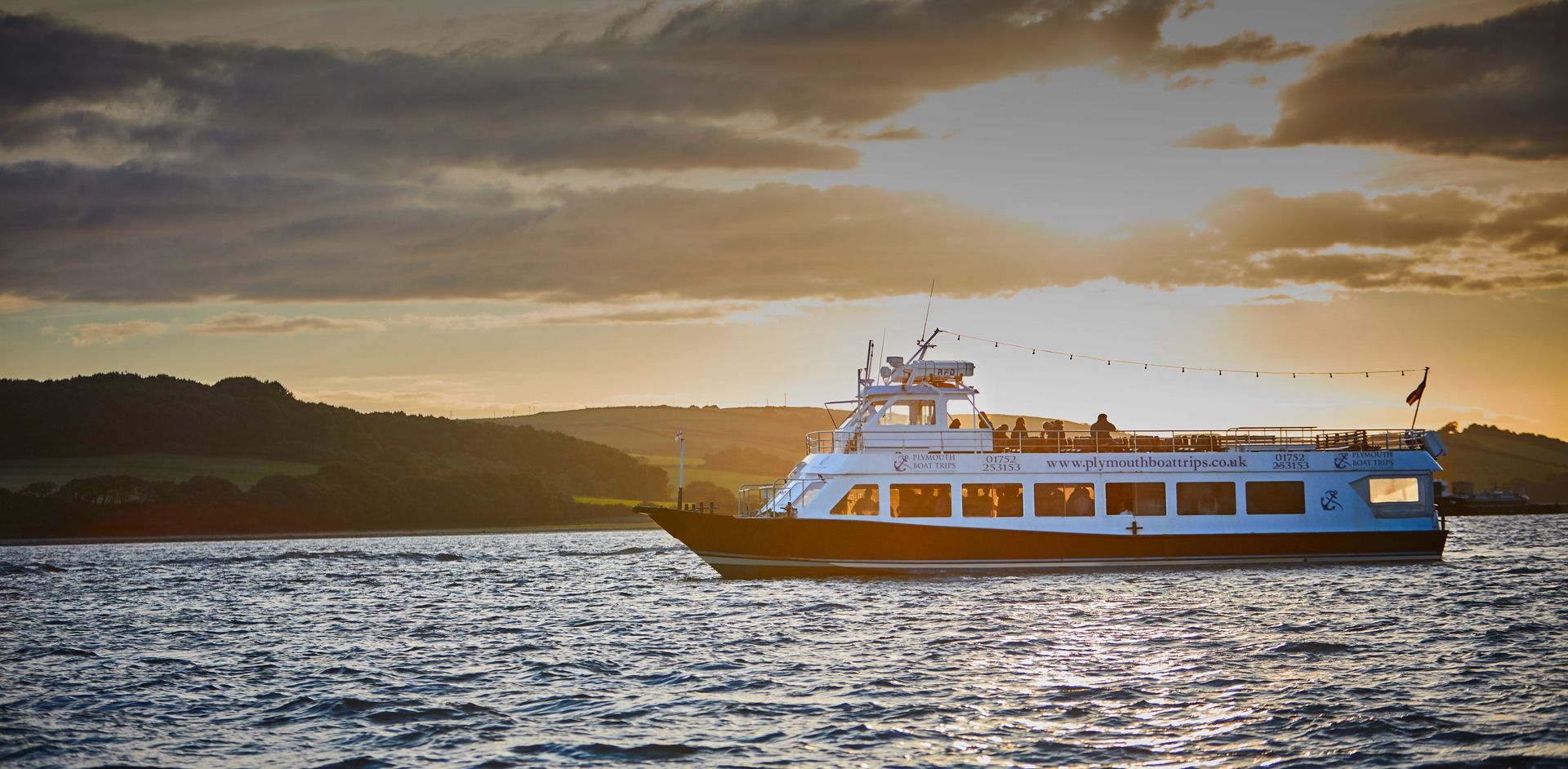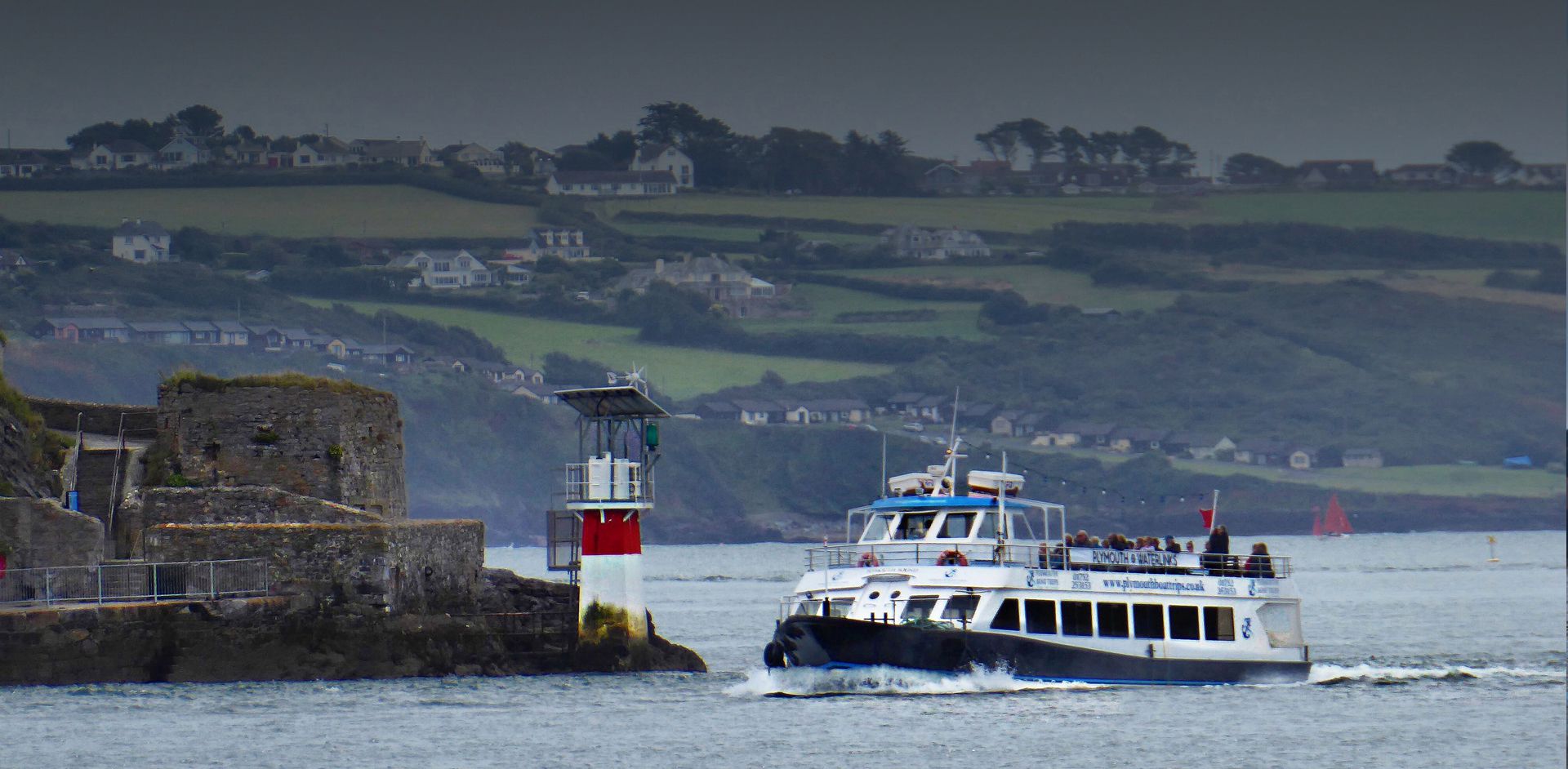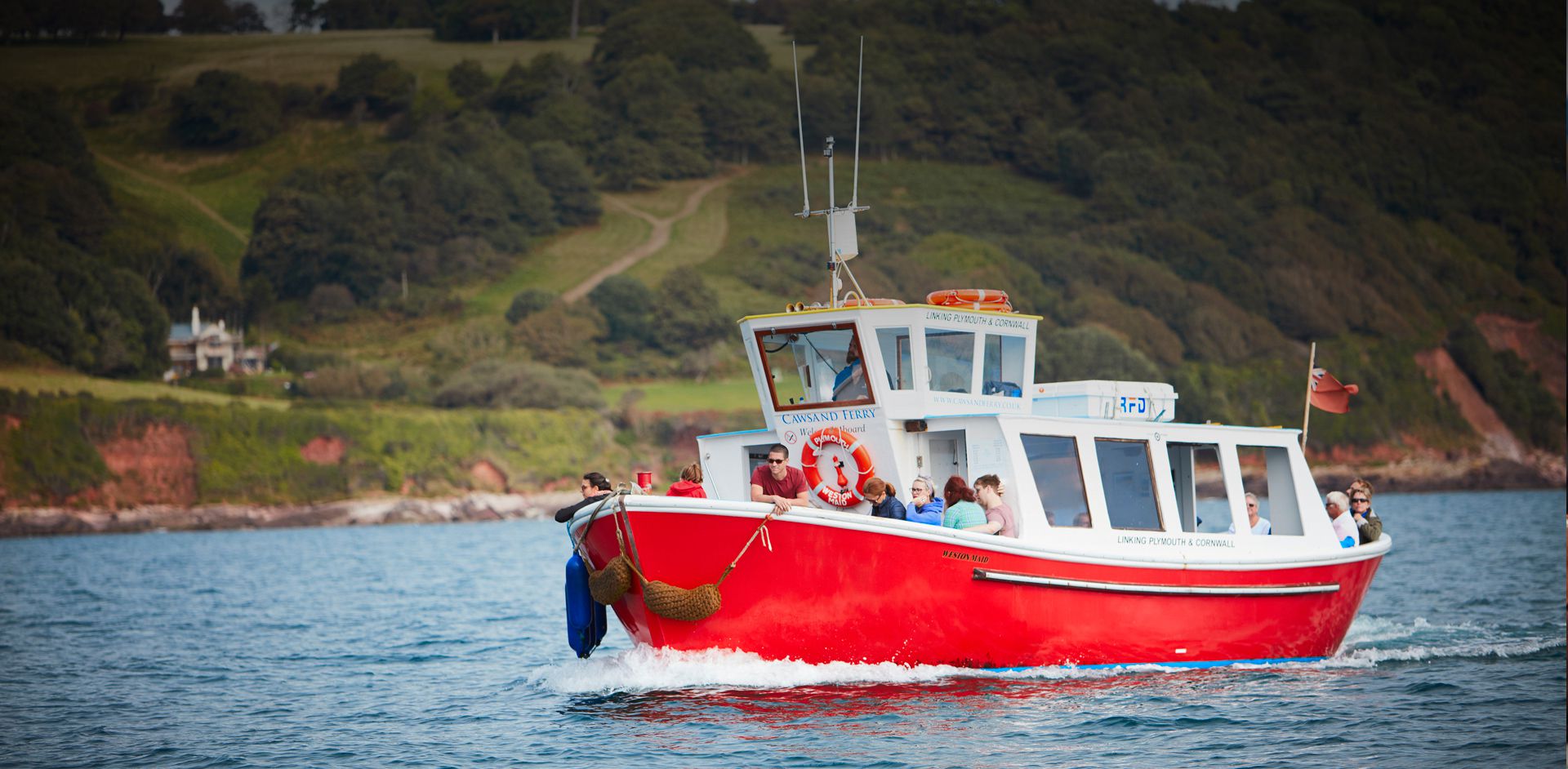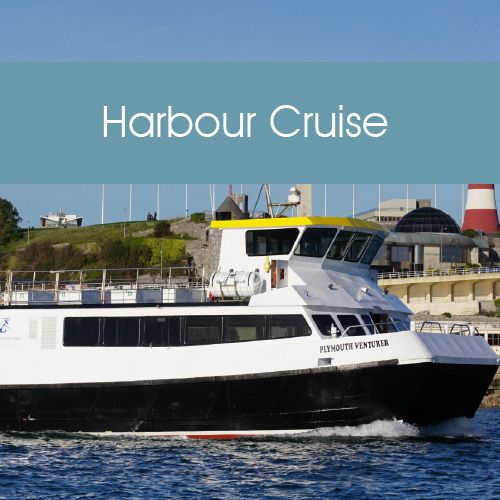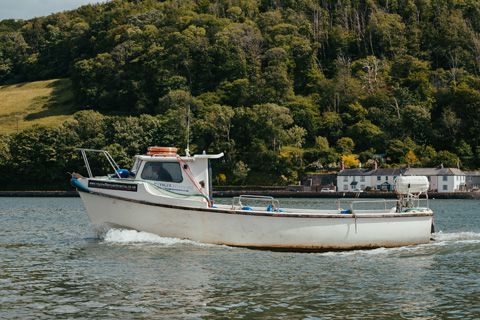
Plymouth Boat Trips and Voyager Marine lead the way with new Green Electric Boat
Jun. 2020
Plymouth Boat Trips and Voyager Marine, Cornwall are partnering with the University of Plymouth, the University of Exeter, Teignbridge Propellers, MarRi-Uk and EV Parts UK in a ground breaking project to create the UK’s first, sea going, electric passenger vessel, e-Voyager. The new green boat is set to launch in July, mirroring Plymouth Boat Trips’ existing ferry routes, including Cremyll Ferry, a busy commuter connection between Cornwall and Plymouth.
The project is funded through the £1.4M Clean Maritime Call: a Maritime Research and Innovation UK (MarRI-UK) initiative supported by the Department for Transport (DfT), launched to support the UK’s goal of zero emission shipping.
Voyager Marine will be the only UK boat builder to offer the complete package of design, installation and maintenance of sea going, electric vessels. Plymouth Boat Trips’ project leader, Andy Hurley said: ‘We’re very excited to be leading such a progressive project, to create a cleaner and more sustainable future for the industry.’
Environmental and Commercial Benefits
Support from the universities was via Environmental Futures & Big Data Impact Lab, a £6.4 million project to support small businesses, and the £4M Marine Business Technology Centre, both part-funded by the European Regional Development Fund. Sarah Fear, Project Manager (Impact Lab) at the University of Plymouth, said: “This is a cutting edge project and the perfect opportunity to show how the University’s scientific expertise and business support can be combined with the ingenuity of a local company.”
Repurposed, Nissan Leaf batteries will be used in e-Voyager, meaning almost no maintenance and clear commercial benefits for businesses in the marine sector. The University of Plymouth’s scientists will carry out research during the build, measuring emissions including noise pollution, air pollution and fuel consumption.
Brian Lambert, a University of Exeter Research Fellow in the Marine Business Technology Centre Project, joined the consortium to shape the bid into MarRi-UK. Brian will be working with EV Parts UK to integrate and optimise the new electric power train, to maximise the environmental benefits and efficiency of the motors.
Technology and design
EV Parts will design the battery storage and motor installation. FBW (fly-by-wire) electronic controls will replace the existing systems and will be directly transferable to a wide range of vessels in the under 24m commercial vessel market. The motors, energy storage, control and charging systems will also be tested in a real-world environment, enabling the team to gain approval from regulatory bodies so they can be used in vessels across the sector and, eventually, carry passengers.
Brad Bunyard, Managing Director at EV Parts said: “We’re breaking new ground with e-Voyager and beyond the prototype we look forward to being able to provide approved solutions to meet low emission targets in the marine sector.”
Safety and Regulations
Rigorous running trials will be carried out and Plymouth Boat Trips will be working closely with the University of Plymouth and Maritime Coastguard Agency (MCA) to develop regulations.
Dr Richard Pemberton, lecturer in Mechanical and Marine Engineering Design at the University of Plymouth said: “From my first meeting with Plymouth Boat Trips, I was impressed with their approach to innovation. They are looking to take known technologies from the automotive and industrial sector and apply them in the marine environment”.
He went on to say: “The University’s involvement comes on many fronts, be that academic support on a technical level to assisting with funding applications, and on a personal level, I’ve been linking the project to my teaching, so that the engineers we’re training for tomorrow, are aware of new technologies and where the sector is moving.”
For further information and images contact:
Sally Bowles, Plymouth Boat Trips, PR & Marketing:


